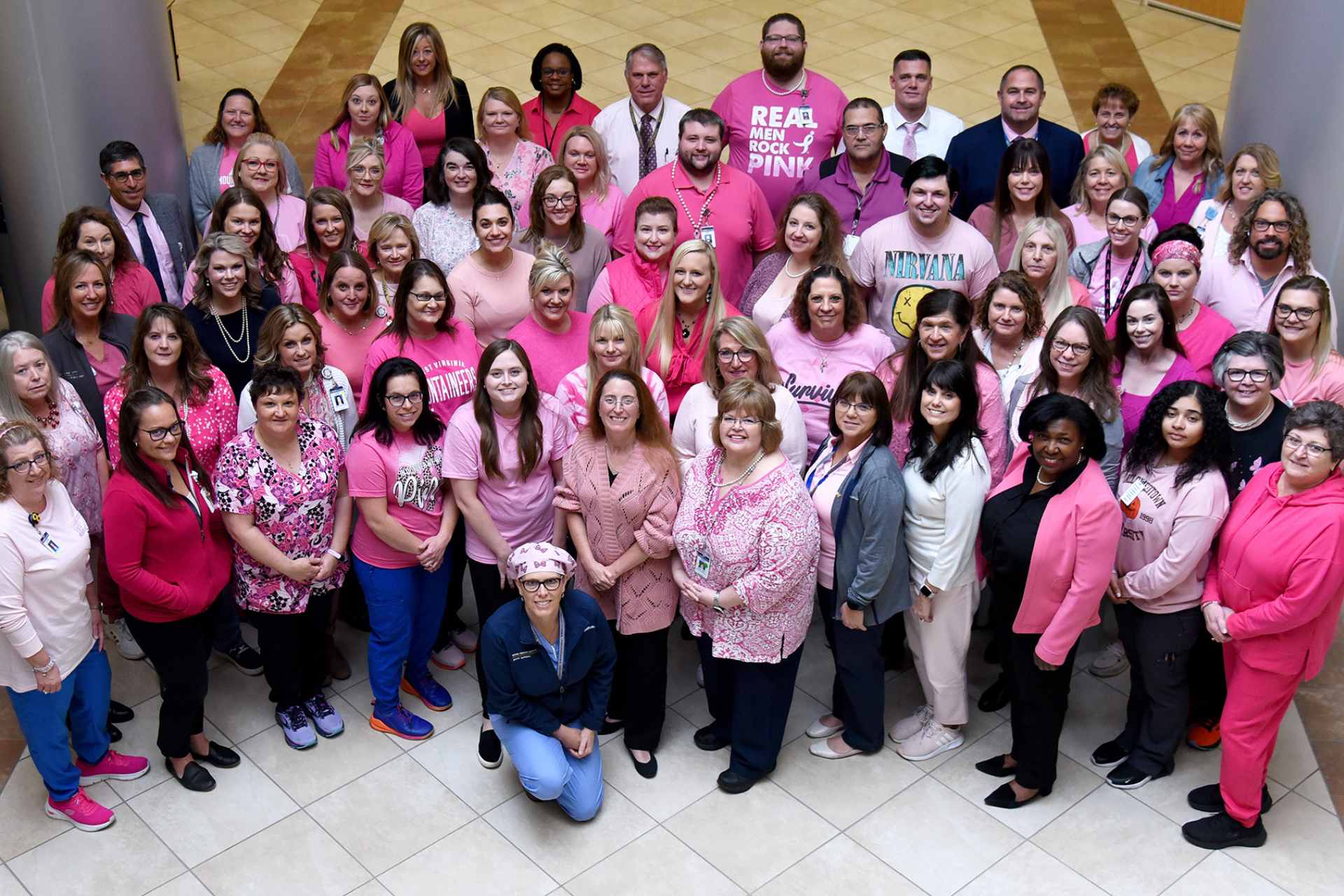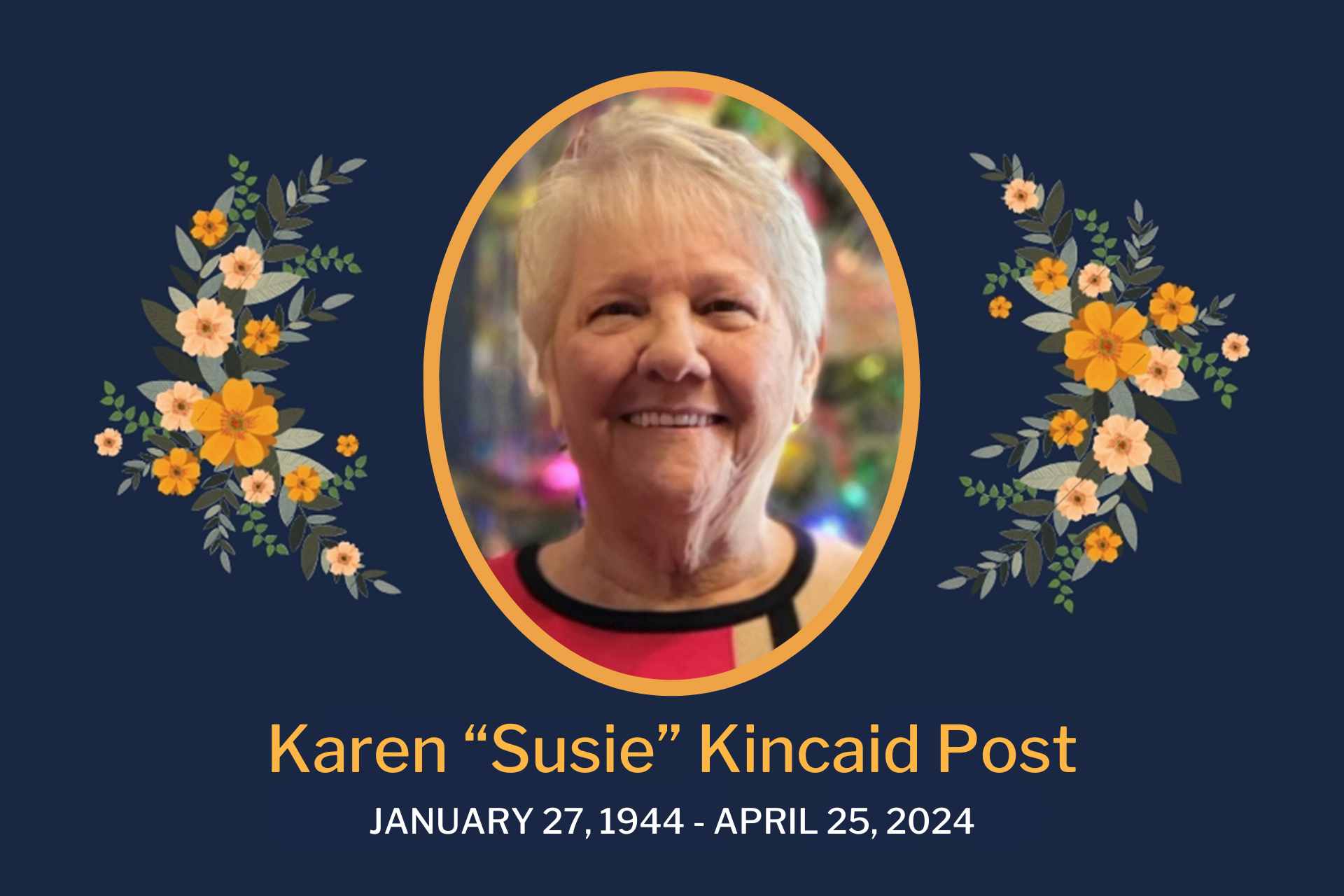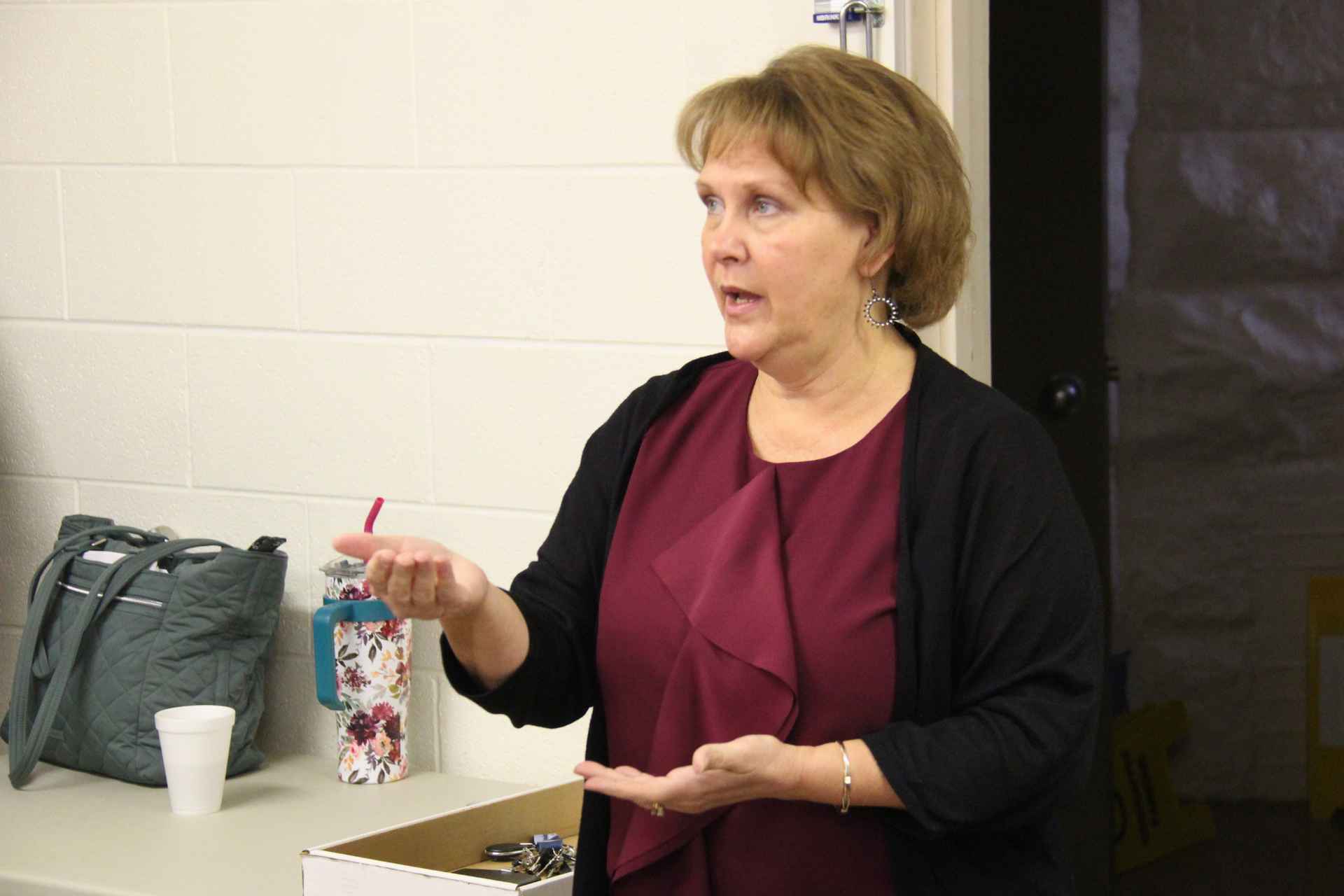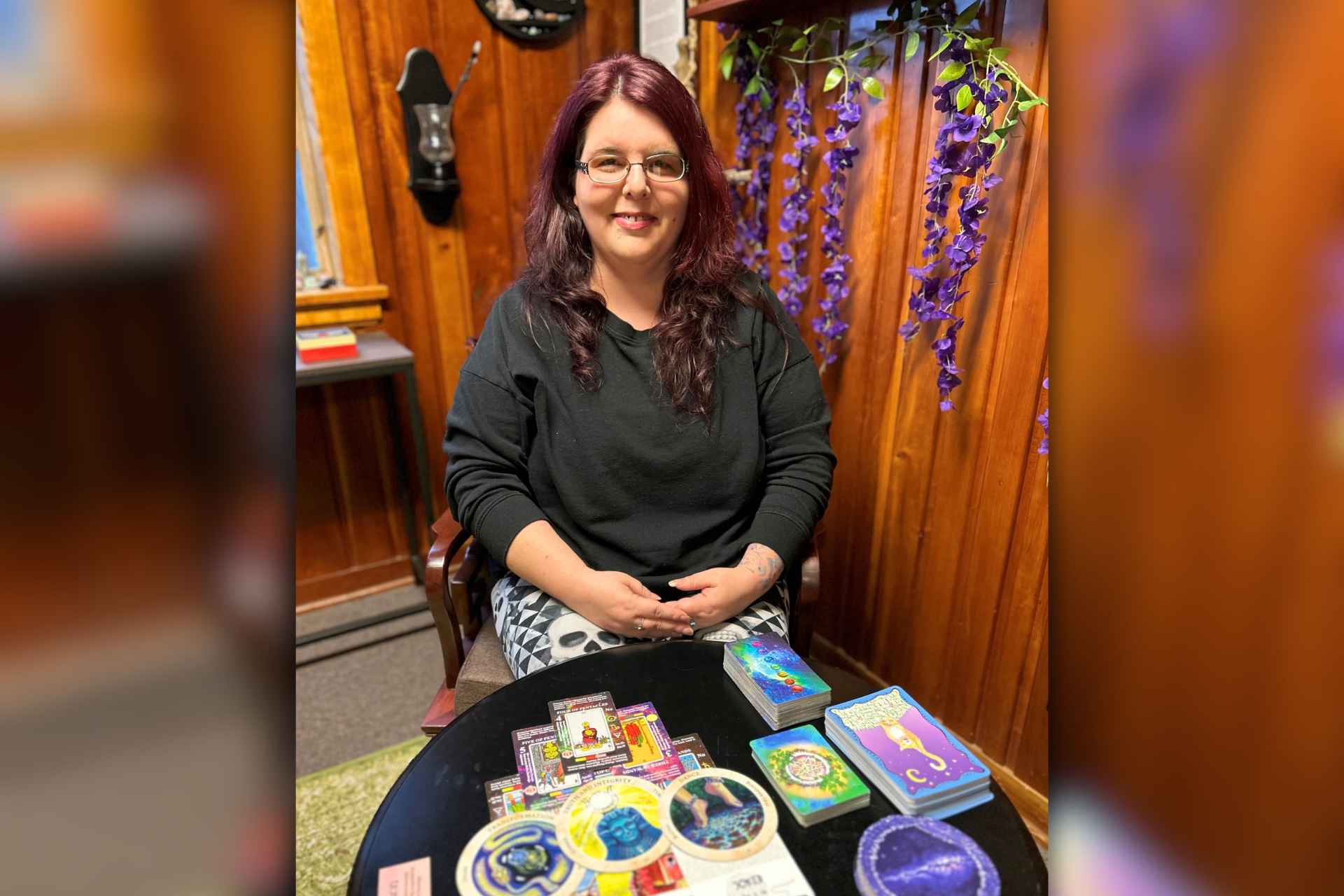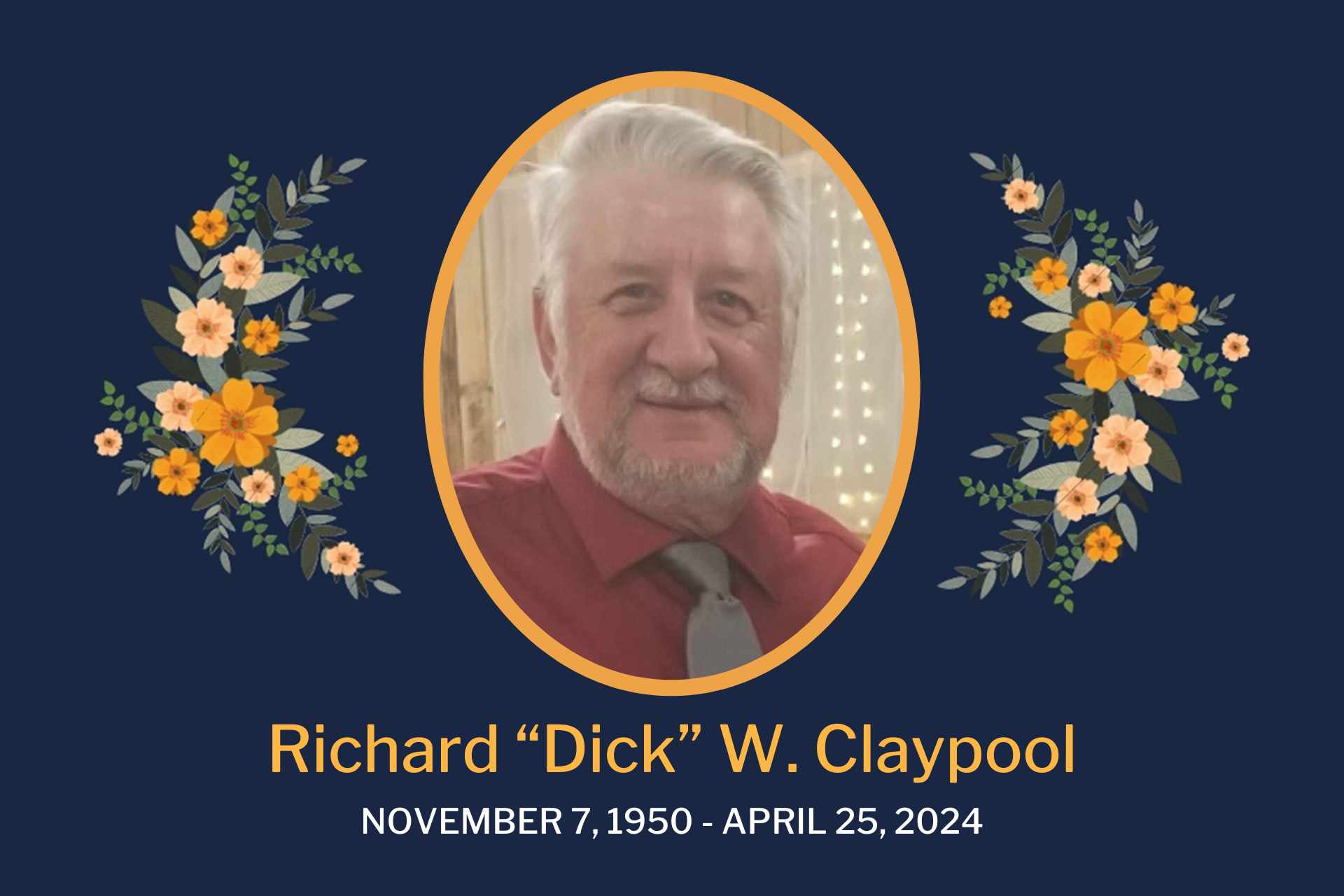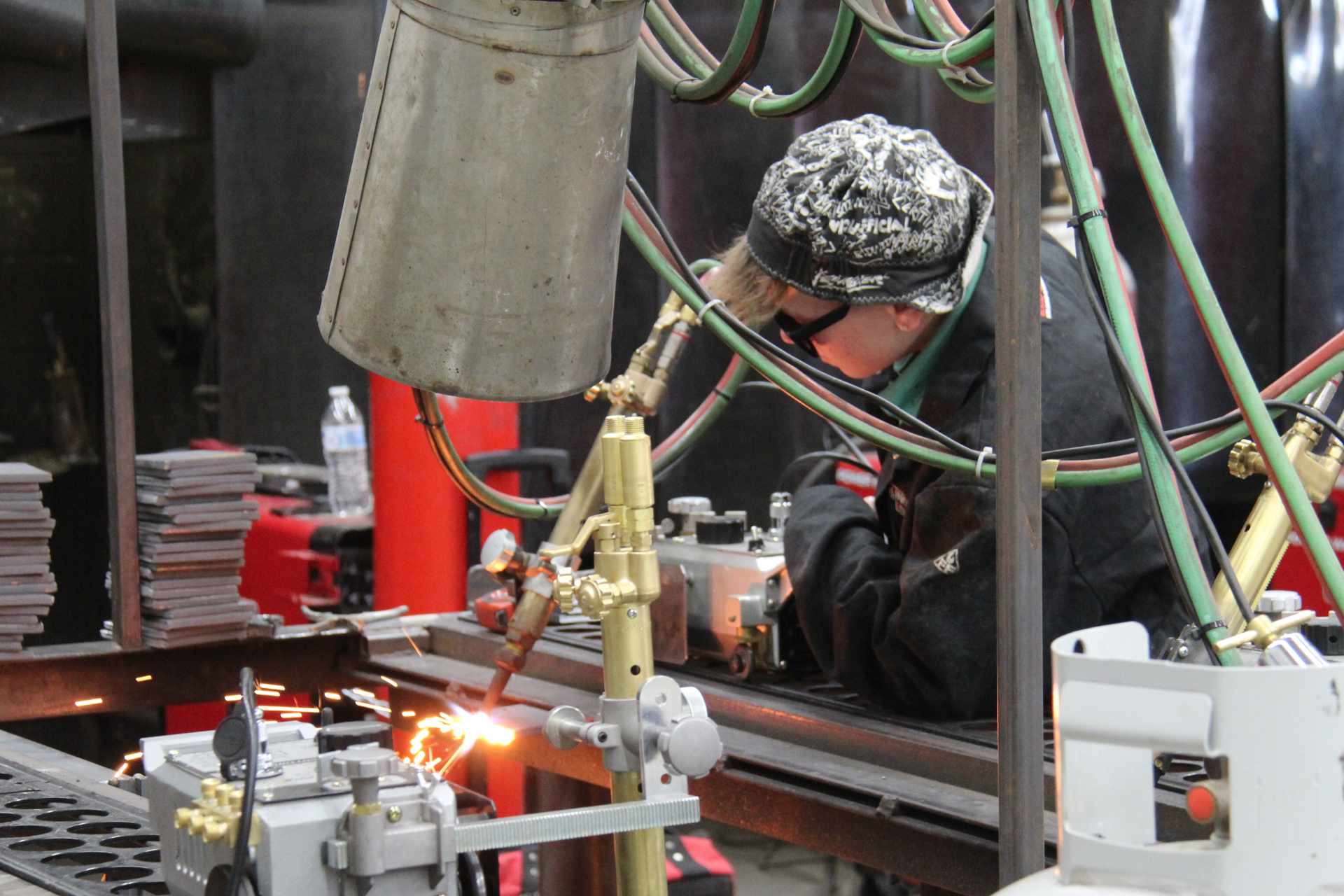MORGANTOWN, W.Va. – Employees of WVU Hospitals gathered at the WVU Cancer Institute’s Mary Babb Randolph Cancer Center on Oct. 20 decked out in their pink and pearls for Pink Out Day in honor of National Mammography Day, the October observance of Breast Cancer Awareness Month, and the upcoming Lung Cancer Awareness Month in November.
The goal of the Pink and Pearl Campaign – an effort of the WVU Cancer Institute and Mountains of Hope, the state’s cancer coalition – is to bring awareness to the prevalence of and screening options for breast and lung cancer throughout West Virginia and the surrounding areas.
Pink is routinely associated with breast cancer, the most diagnosed cancer and the second leading cause of cancer death in West Virginia women. The campaign also incorporates pearl (or white) to represent lung cancer, the leading cause of cancer deaths in both men and women in West Virginia. The Pink and Pearl Campaign, originally developed in Tennessee, encourages everyone to get their recommended cancer screenings.
Mammography is the primary screening tool for breast cancer. According to the National Breast Cancer Foundation, “When detected early, in the localized stage, the five-year relative survival rate for breast cancer is 99 percent, and mammograms are key to the early detection of breast cancer.”
All women aged 40 and older should receive an annual screening mammogram, and all adult women should perform a monthly breast self-exam.
WVU Medicine offers screening mammograms across its network of hospitals and clinics. It also operates Bonnie’s Bus, a mobile mammography unit that provides breast cancer screening throughout West Virginia, especially in rural parts of the state with limited or no access to screening mammography.
For lung cancer, the primary screening tool is a low-dose CT scan. According to the American Lung Association, “If lung cancer is caught before it spreads, the likelihood of surviving five years or more improves to 63 percent.” In addition, the use of tobacco products causes about 85 percent of all lung cancer deaths.
The WVU Cancer Institute Lung Cancer Screening Program offers regular evaluations, counseling, and screenings to detect cancer early. The Institute also operates LUCAS, a first of its kind, state-of-the-art mobile lung cancer screening unit that travels to 42 of West Virginia’s most rural counties to provide lung cancer screening.
Patients eligible for lung cancer screening are those who:
- Are between the ages of 50-80
- Have a >20 pack-year smoking history
- Are a current smoker or have quit smoking in the past 15 years
- Have not received a chest computed tomography (CT) scan in the last 12 months
- Have no symptoms of lung cancer
“Ultimately, we want all West Virginians and those from the surrounding region to be proactive about their health and get the cancer screenings that they need,” Hannah Hazard-Jenkins, M.D., director of the WVU Cancer Institute and breast cancer surgeon, said. “We want to diagnose cancers at increasingly earlier stages to improve long-term survival.”
For more information on the WVU Cancer Institute, visit WVUMedicine.org/Cancer. For information on Bonnie’s Bus, see WVUCancer.org/Bonnie. For information on LUCAS, see WVUCancer.org/LUCAS.
